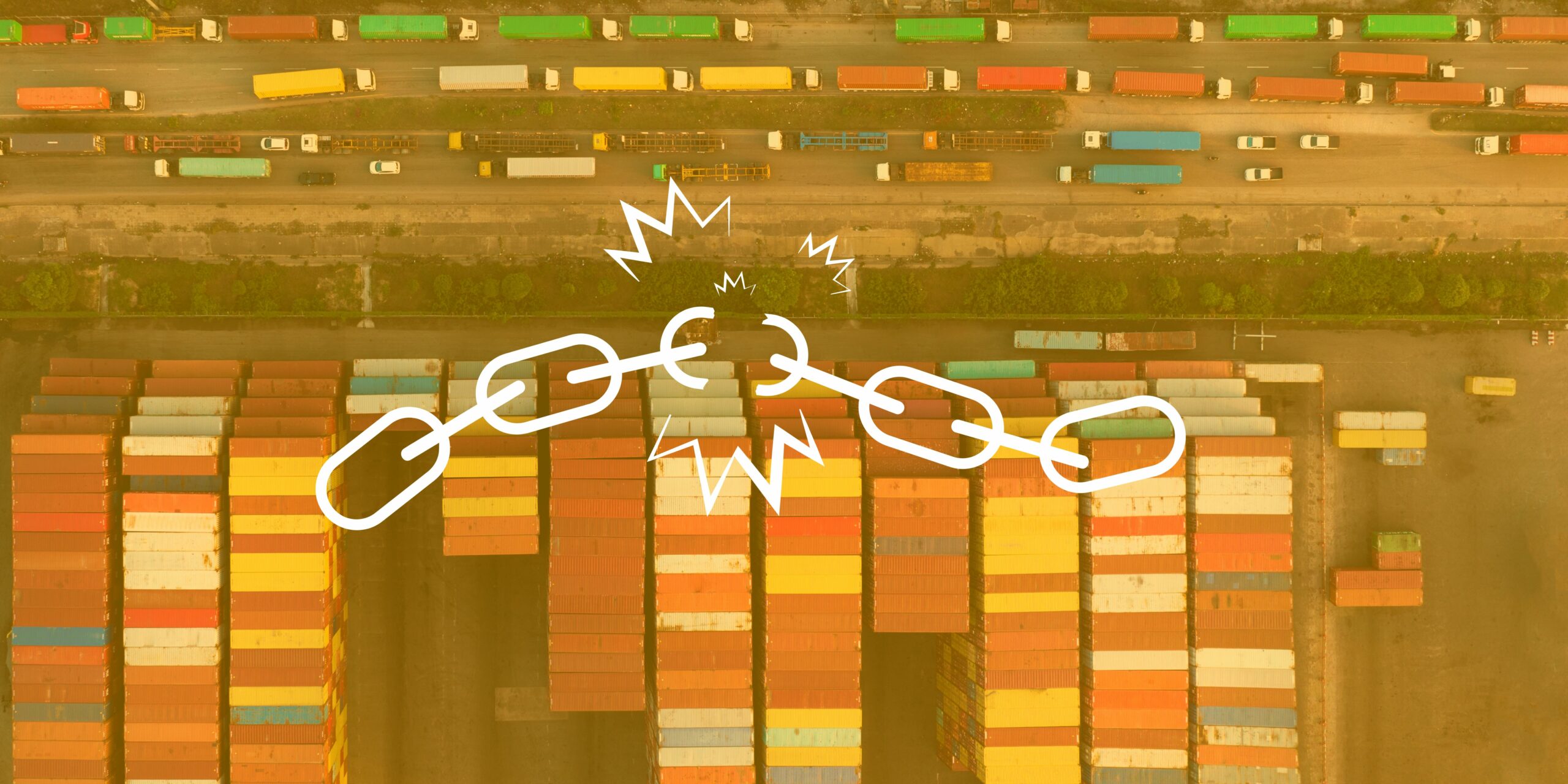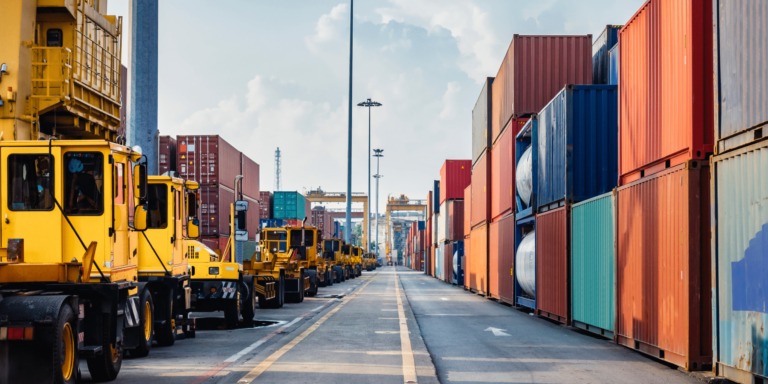Tax Truces, Trade Troubles, and Sustainable Logistics Innovations
Uncover the complexities, challenges, and creative solutions shaping our ever-evolving global landscape. From extended tax truces to fresh sanctions threats, and from payment delays to pioneering sustainability initiatives, prepare to be captivated by the dynamic narratives that lie within.
US and European Countries Extend Truce on Digital Taxes Until Mid-2024
The United States and five European countries have agreed to extend the truce over digital taxes until mid-2024, allowing more time for negotiations on international taxing rights. This extension aims to suspend the threat of U.S. retaliatory tariffs and keep the digital services taxes on hold. The initial agreement permitted the five countries to maintain their digital taxes while awaiting the implementation of the global tax deal known as “Pillar 1.” However, the negotiations for the Pillar 1 agreement have proven to be more complex than anticipated, leading to the extension of the deadline.
Highlights:
- The truce over digital taxes between the U.S. and five European countries extended until mid-2024.
- Suspension of U.S. retaliatory tariffs and continuation of the digital services taxes on hold.
- The original agreement allowed the countries to maintain their digital taxes during negotiations.
- The negotiations for the global tax deal have encountered complexities, leading to the deadline extension.
Fresh US Sanctions Threats Disrupt Turkish-Russian Trade, Leading to Payment Delays and Trade Challenges
U.S. sanctions threats have provoked disruption and slowdown in Turkish-Russian trade, affecting payments for both imported oil and Turkish exports. The U.S. executive order in December, while not targeting energy explicitly, has complicated payments for Russian crude and broader Turkish exports, creating challenges for Turkish banks doing business with Russian clients. The payment issues have led to delays in Russian oil exporters receiving payments from Turkey, impacting trade flows between the two countries. However, the disruption has not significantly affected Turkey’s crude supplies. Both Turkey and Russia have been facing difficulties due to the tightening compliance measures and heightened pressure from U.S. sanctions.
Highlights:
- Fresh U.S. sanctions threats have affected Turkish-Russian trade, leading to disruptions and payment delays.
- The U.S. executive order in December has complicated Turkish payments for Russian crude and Russian payments for a range of Turkish exports.
- These payment issues have resulted in delays in Russian oil exporters receiving payments from Turkey.
- Turkish banks are reviewing business and tightening compliance measures with Russian clients.
- The disruption in Russian-Turkish payments started after President Joe Biden signed the executive order threatening firms helping Russia circumvent sanctions.
Green Giants: Meet the Logistics Companies Pioneering Sustainability Solutions
The top 10 sustainable logistics companies include DHL Supply Chain, XPO Logistics, FedEx, CEVA Logistics, A.P. Moller – Maersk, Kuehne + Nagel, DSV Panalpina, Geodis, DB Schenker, and UPS Supply Chain Solutions. These companies have implemented various sustainability initiatives across their operations to contribute to a more sustainable future. Some of the common goals include reducing greenhouse gas emissions, increasing the use of sustainable fuels and green electricity, implementing energy-efficient practices, and offering green alternatives for products and services. These companies are also focused on responsible sourcing, waste reduction, and promoting ethical labor practices.
Highlights:
- DHL Supply Chain aims to invest €7 billion to reduce greenhouse gas emissions and increase the use of sustainable fuels and green electricity.
- XPO Logistics has implemented a sustainability program that includes fleet management, route optimization, and investing in low emissions solutions.
- FedEx uses a data-based approach called FedEx Sustainability Insights for emissions reporting and offers decarbonization solutions for businesses.
- CEVA Logistics has a sustainability policy based on three pillars: People, Planet, and Fair Trade, and aims to contribute to sustainable globalization.
- A.P. Moller – Maersk has set ambitious decarbonization goals recognized by the Science-Based Targets initiative.








